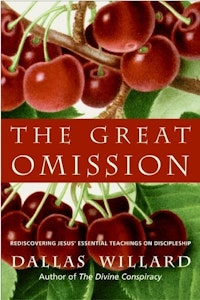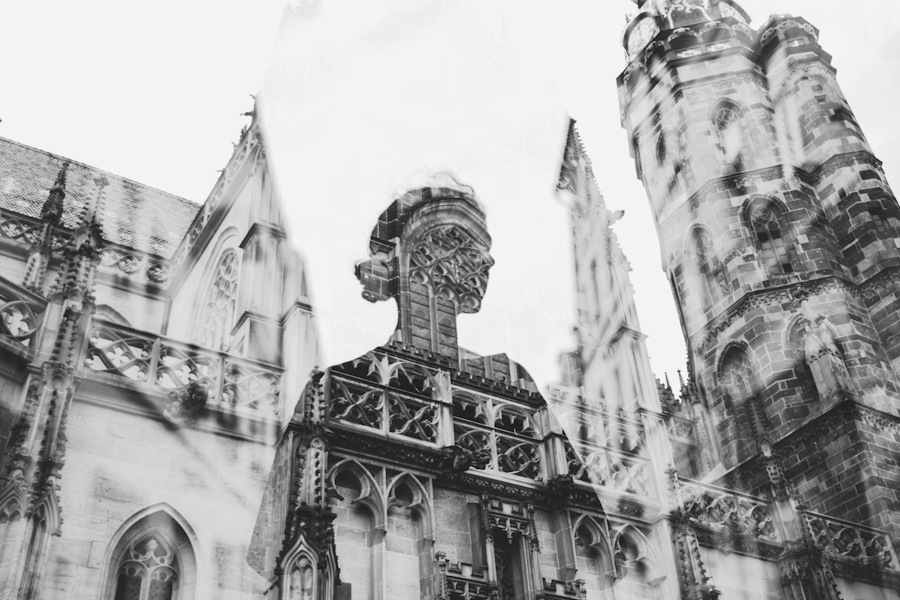Introductory Note:
In The Great Omission: Reclaiming Jesus’s Essential Teachings on Discipleship, Dallas Willard offers insights on the practical aspects of a Christian life in a collection of articles, talks, and interviews. Professed faith in Christ and regular church attendance, he explains, are simply not enough. Willard argues that the concept of living a Christ-like life is often simply omitted. The Great Omission is an important resource on how to live as a follower of Jesus Christ. Here is a selection from Chapter 8, “The Spirit Is Willing, But… The Body as a Tool for Spiritual Growth.”
Marian Euler
 Excerpt from The Great Omission
Excerpt from The Great Omission
Probably the least understood aspect of progress in Christ-likeness is the role of the body in the spiritual life. Almost all of us are acutely aware of how the incessant clamorings of our bodies defeat our intentions to “be spiritual.” The Apostle Paul explains that “what the flesh desires is opposed to the Spirit, and what the Spirit desires is opposed to the flesh; for these are opposed to each other, to prevent you from doing what you want” (Galatians 5:17). And Jesus’s words, “The spirit indeed is willing, but the flesh is weak” (Matthew 26:41), are generally accepted as a final verdict on what human life must be like until we escape the body through death.
On the other hand, if the body is simply beyond redemption, then ordinary life is too. Many Christians seem prepared to accept this — at least in practice. But then spiritual formation really becomes impossible. That would be a defeat of major proportions for Christ’s cause and could never be reconciled with the call to godly living that both permeates the Bible from end to end and resonates with the deep-seated human need to live as one ought.
We are glad, then, to find scriptural teachings about the body and its flesh running directly contrary to the “hopeless” view. Jesus is the primary witness to the unity of flesh and spirit before God. Long before his entry into history, however, the Psalmist spoke of his body longing for God (Psalm 63:1), of his “heart and flesh sing [ing] for joy to the living God” (84:2), and he called upon all flesh to “bless his holy name forever and ever” (145:21).
The prophet Joel foresaw the time when God’s Spirit would be poured out upon all flesh (Joel 2:28 – 29). That prophecy began to be fulfilled on the Day of Pentecost (Acts 2:16 – 21). Thus, the picture of the body and of the flesh found in the writings of Paul stand in the sharpest of contrasts with the hopeless views of the body. The body is presented as a temple inhabited by the Holy Spirit. It is not meant to be used in sinning, but is meant for the Lord, and “the Lord for the body” (1 Corinthians 6:13).
Through the power of God which raised Christ from the dead, Paul tells us, “your bodies are members of Christ” (1 Corinthians 6:15). Our bodies do not even belong to us, but have been bought by Christ, who gives them a life “from above” and opens the way for us “to glorify God in [our bodies]” (1 Corinthians 6:20). Thus, we can “present [our] bodies as a living sacrifice, holy and acceptable to God,” this being our “spiritual worship” (Romans 12:1).
Taken from The Great Omission (San Francisco: HarperCollins, 2006). See the HarperCollins website for reprint instructions and permissions.
Photo by Branislav Rodman on Unsplash
Text First Published June 2006 · Last Featured on Renovare.org April 2024


